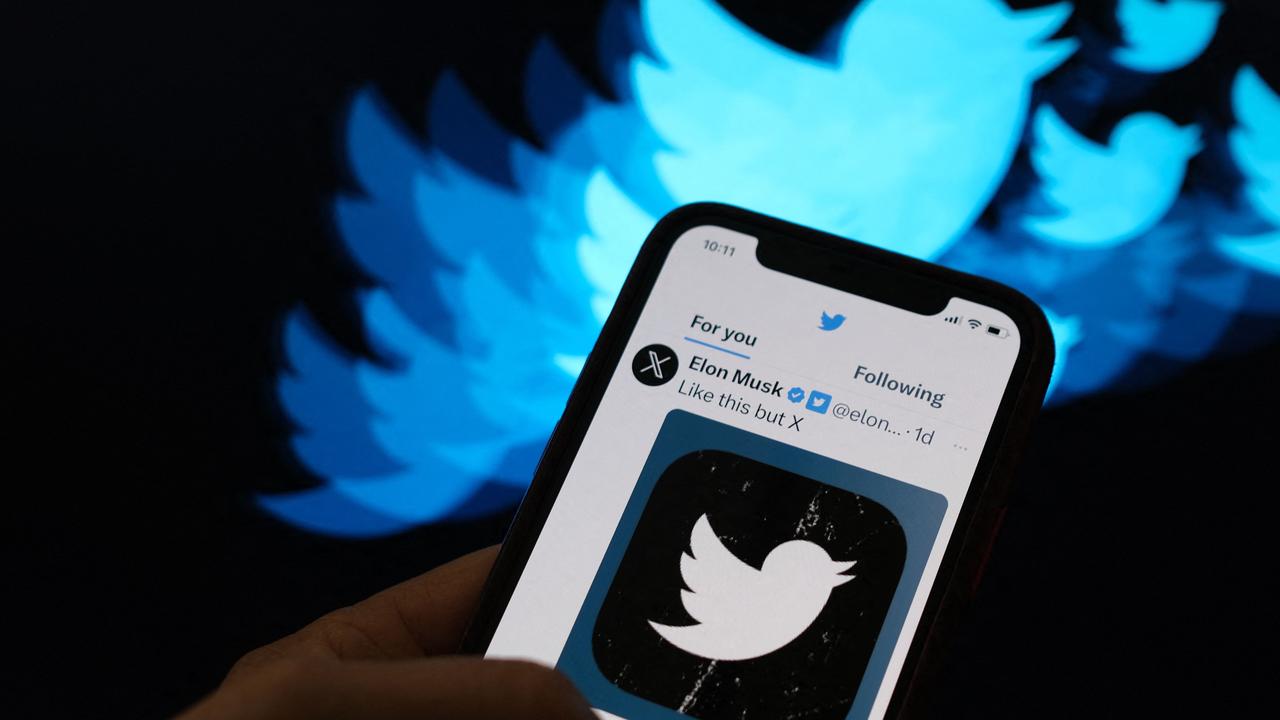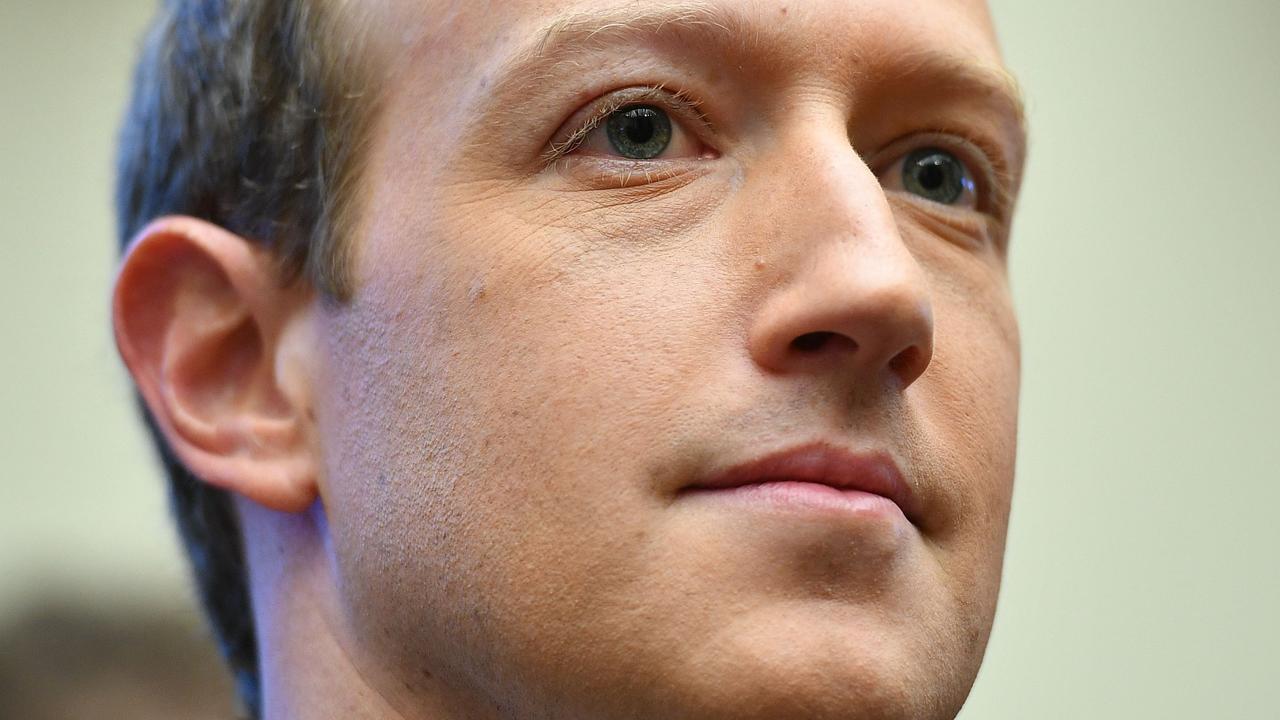Diehard Twitter fans slam ‘irrational’ Elon Musk after controversial X rebrand
He’s one of the most divisive men on the planet today – but what is really behind all the hate for Twitter’s billionaire boss Elon Musk?

COMMENT
People who claim they hate drama are sometimes the biggest proponents of it.
And the platform for them to tell us, in dramatic fashion, just how much they detest drama has often been Twitter – recently renamed X.
Even before the contentious renaming, the hashtag #RIPTwitter had been intermittently trending for weeks, and was trending again as I sat down to write this.
The hashtag was full of people announcing their departure, usually with some Elon Musk-shaped cuss, stating it was time they flew the Twitter nest or that their faith in the platform was gone.
Some posted dead bird logos. Others made Greta Garbo look untheatrical by succinctly posting cuttingly concise words to the effect of: “That does it. I’m off!”
I munched popcorn reading the lot. I love a bit of drama. I’m gay – it’s in my DNA. I also – probably controversially – still like Twitter/X.
And judging by the meek clandestine return of those who claimed they’ll never log on again as long as they live, I’m not alone.
I don’t love the new name or logo – who does, other than Elon Musk?
Twitter had such strong branding, especially co-opting the verb “tweet” as part of its marketing. Genius.

But who really cares what it’s called? Turns out, the drama queens do.
Some have compared X to “being wrong, closing a window, porn, poison and even Satan”. Others say it gives “porny Swastika vibes”.
It was at this point I swapped my popcorn for chill pills which I wanted to share around. Calm down – it’s just an alphabetical letter, or it could be a kiss. Or simply because Elon Musk loves Xs. Who. Actually. Cares.
And I don’t say that to be flippant – I say it because, for those opting not to catastrophise, X is still a platform of much utility.
When I recently posted praising the platform formerly known as Twitter, saying I still get great recommendations, meaningful engagement with my journalism and cultural insight, others logged on to say they also still love it, although usually with the caveat of concern for where Musk is taking it.
Don’t get me wrong – I share that concern. I’m definitely not here to support his decisions. But some were storms in tea cups.
He was going to let Trump back on (boo, hiss). Trump vowed to never return (hooray).
Musk took away my beloved blue tick to show I had a verified account (given to journalists and public figures/celebrities). Yes, it was a tad pretentious and wanky. But when it comes to responsibly culling the spread of misinformation – something Musk claims is “free speech” – it was handy. It gave me credibility when asking questions or giving updates relating to my journalism or looking for sources. I also knew which accounts to trust for fact-checked information.
Now, when I see a blue tick, I actually click away. It’s hard to trust someone who’s paid for such status rather than earned it through their work.

Musk infamously sacked the e-safety teams early in his tenure, leaving the platform open to trolls to use it to abuse or vilify with impunity.
Readers may roll their eyes at this phrase – but I must check my privilege here, which, to a point, insulates me. I’m a white man. Yes I’m gay, but that intersection doesn’t leave me as vulnerable as some groups who used the platform to find community and now are understandably deterred by the hatred.
You only need to look at the tragic suicides of Charlotte Dawson in Australia and Caroline Flack in the UK to see the awful consequences of unsafe online places. The pen is always mightier than the sword.
But there are things Musk has done I don’t actually mind. Making us pay to view more than 600 tweets, as he introduced on July 1? Boon. Less time on social media, more time for a book.
By that point, though, people seemed determined to hate Musk.
Using his own platform to ask people why they dislike him, responses painted a consistent narrative: that he’s a “destructive”, “smug”, “out of touch tech bro” making missteps with his “irrational thinking and ill-thought out business decisions”.
One used a Barbie analogy: “He has taken our beloved if imperfect Barbie Dreamhouse and turned it into his Mojo Dojo Casa House”. Another continued the metaphor: “Twitter always had a dint of Mojo Dojo but he’s definitely gone all ‘Kens bring the Patriarchy to Barbieland’ on it”.
While I can totally see why it’s hard to continue supporting a brand which a hard-to-like egomaniac has made all about him, it’s worth assessing each move by its merits rather than shoe-horning them all to fit a narrative.
There’s also our fickleness. Everybody has already forgotten Mastodon was the next big thing to replace Twitter earlier this year. Masta-what? Exactly.

The multiple dummy spits I’ve seen about X have often involved people deserting it for Threads because, ethically, they cannot support a man with the dodgy moral compass of Elon Musk.
So they’ve gone to Threads, owned by that paragon of moral virtue … Mark Zuckerberg. The man accused of, among other things, blocking news articles on his platforms in Australia (during the pandemic) and Canada (last week), fighting after being asked to compensate struggling news outlets, and helping to bring us Trump, misinformation and our elderly aunty Mary stalking our every move.
Even journalists I respect, like Patricia Karvelas, left X abruptly, yet have come back since (she now posts daily videos) because, as I know from joining myself, the truth is that Threads looks increasingly like a boring flash in the pan.
Stats according to the Wall Street Journal back this up. Threads’ daily active users have already plummeted by almost 70 per cent from 44 million to 13 million. The average daily time spent on Threads has also plummeted from 19 minutes (on launch day) to just four minutes.
X still has 200 million daily active users who spend on average 30 minutes a day on the platform.
Despite all the admittedly woeful missteps of Elon Musk, X is still where it’s at.
The legacy microblogging platform holds the throne. For now.
Gary Nunn is a freelance journalist and author. X: @garynunn1





